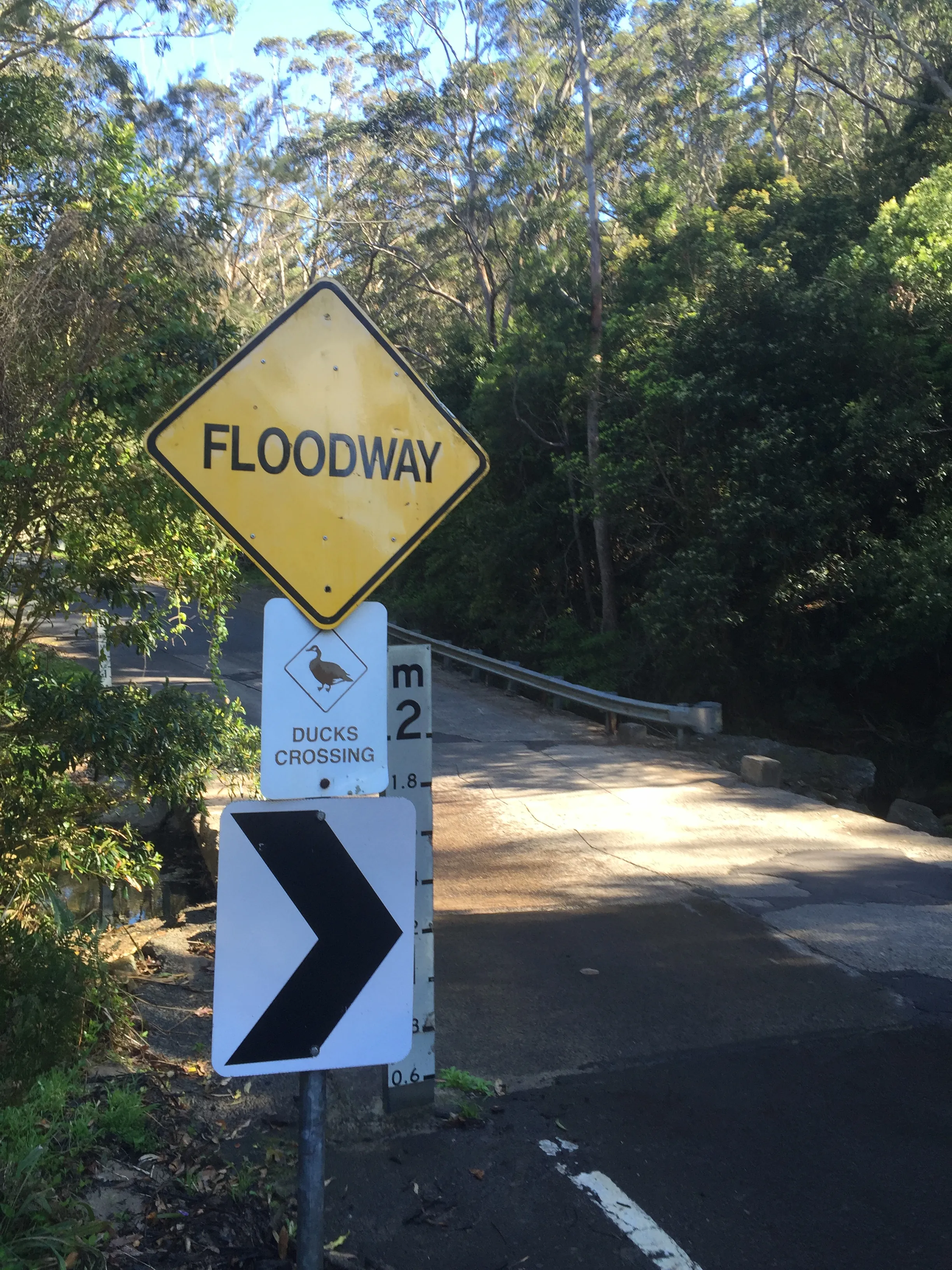Sophisticated new automatic braking technology could boost road safety and reduce accident levels. Car manufacturers are poised to make the introduction of Autonomous Emergency Braking (AEB) technology across a wide array of new models due for launch. Some AEB systems have been fitted to a number of, mostly high-end, models from firms including Audi, Ford, Honda, Jaguar, Lexus, Mercedes, Volvo and VW.
August 8, 2012
Read time: 2 mins
Sophisticated new automatic braking technology could boost road safety and reduce accident levels. Car manufacturers are poised to make the introduction of Autonomous Emergency Braking (AEB) technology across a wide array of new models due for launch. Some AEB systems have been fitted to a number of, mostly high-end, models from firms including 6336 Audi, 3423 Ford, 2288 Honda, 6337 Jaguar, 6338 Lexus, 2796 Mercedes, 2394 Volvo and 3503 Volkswagen. But the ongoing development of the technology has reduced the cost of the systems and manufacturers are now ready for more widespread introductions. The AEB technology can reduce the risk of nose to tail car crashes that occur often in slow moving traffic, when a moment’s inattention can result in one vehicle running into the rear of another that has already stopped. AEB could also offer major safety benefits for vulnerable road users such as pedestrians, cyclists and motorcyclists, with crash data showing these categories are all too often the victims of inattention by car, van truck and bus drivers.
For motorists overall, the technology could make major savings, in the short term at least, for insurance costs. Eliminating the cost of crash repairs resulting from minor incidents could ensure insurance premiums stay low. Some insurance firms plan to offer lower premiums to drivers of vehicles with AEB technology also. The technology may use either lidar or video systems, or a combination of both, to determine when a vehicle (or vulnerable road user) is in front.
A study by the2465 European Commission has pointed to a reduction in accidents of up to 27%, possibly saving as many as 8,000 lives/year, offering massive cost savings and cutting congestion.
Commercial vehicles will be required to have AEB fitted to gain European Type Approval from November 2013. Euro1199 NCAP has said that it will include AEB in its safety assessment from 2014. Euro NCAP divides AEB systems into three groups: urban systems that only work below 30km/h; inter-urban systems that operate at higher speeds; pedestrian systems that are more sophisticated and as yet, only available from Lexus and Volvo. The other manufacturers are working on the technology for this last group and will be offering it shortly.
For motorists overall, the technology could make major savings, in the short term at least, for insurance costs. Eliminating the cost of crash repairs resulting from minor incidents could ensure insurance premiums stay low. Some insurance firms plan to offer lower premiums to drivers of vehicles with AEB technology also. The technology may use either lidar or video systems, or a combination of both, to determine when a vehicle (or vulnerable road user) is in front.
A study by the
Commercial vehicles will be required to have AEB fitted to gain European Type Approval from November 2013. Euro








